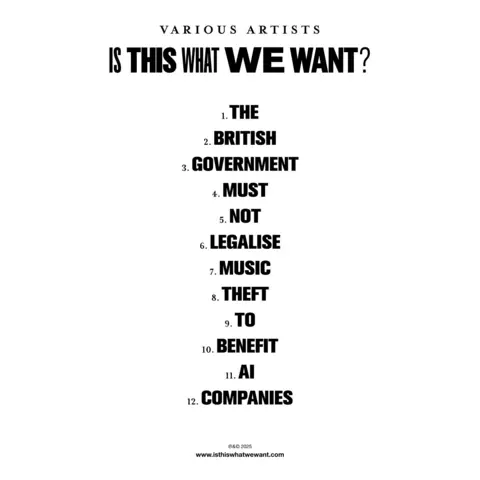Last week I discussed how Apple was changing the education industry with its new iTunes U app for iOS devices (the iPhone, iPod Touch and iPad). During Apple’s education event last month, the company also announced the addition of downloadable textbooks for the iPad.
Textbooks can be downloaded directly from the iBooks app, which is also free to iOS users. As opposed to the cost of physical textbooks, all iBooks textbooks can be purchased for $14.99 or less.
Companies such as Pearson, McGraw Hill and Houghton Mifflin Harcourt have already signed on with this idea and currently have published works in the iBooks store.
Currently, only about a dozen textbooks are available to purchase, but the idea should catch on quickly as this model offers many advantages to physical textbooks.
Most importantly, the cost issue should attract publishers to the format as time goes on. Not only is it beneficial to students who are purchasing hundreds of dollars on textbooks each year, but companies will soon realize that this model will save them money as well.
Production costs are drastically cut by switching to a digital format rather than spending thousands of dollars per year using heavy-duty paper for thick textbooks.
And publishers can also create these digital textbooks with relative ease through the use of Apple’s iBooks Author app available from the Mac App Store.
There’s no need for advanced programmers to create sophisticated textbooks.
Depending on how many textbooks students download from the iBooks store, it can also drastically reduce the weight of the backpack, which is something that can also reduce the amount of back problems a student might experience.
iBooks textbooks also offer more interactivity than physical ones. Users can zoom up on images and can even interact with 3-D images with the touch of a finger. In-app highlighting and study cards also offer students a fuller experience when studying and learning.
And if you think that this concept is just limited to students, think again. Anybody can go into the iBooks store and purchase textbooks.
Like the iTunes U app, this will deliver more knowledge to people who don’t even attend school. And at such an inexpensive cost, non-students will be more drawn to these rich, interactive apps than they would with traditional eBooks.
Like iTunes U, iBooks will also shape the future of education. The world’s resources are shifting more and more from the physical format to the digital format than ever before.
Apple is the first company to introduce such a concept as this one, but they won’t be the last. Like Barnes & Noble, campus bookstores may soon be waving goodbye in the not-too-distant future.












